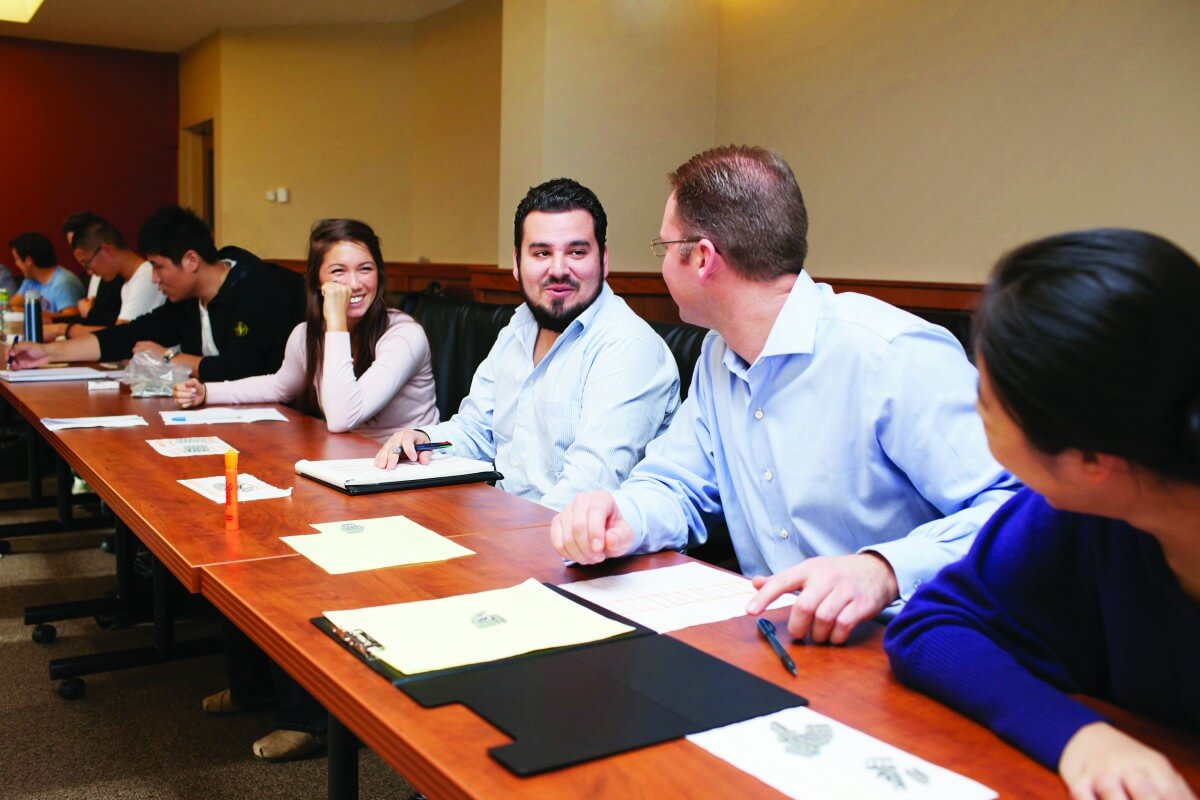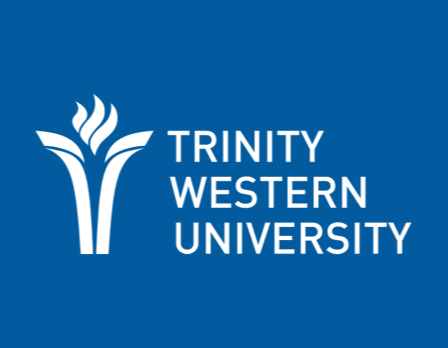Thomas Spraggs is clear on his purpose in life.
The owner and operator of Spraggs Law, an injury litigation boutique in British Columbia, Canada helps victims in motor vehicle accidents — people who are in discomfort, pain and serious injuries — seek justice.
It started when his own father was involved in a car crash himself in 2005, which threw Thomas into taking over his father’s practice. Helping people in heart-wrenching circumstances and learning the ropes on running a law firm at the same time isn’t easy — Thomas persevered, stayed nimble with some self-directed learning and did his best.
Then his sibling recommended he take up an MBA at Trinity Western University (TWU).
This turning point was when Thomas’s practice and his personal aspirations truly took off.
Looking back, Thomas describes the TWU MBA as “the most valuable education I have received to date”. It far surpassed the business consultants he had hired previously and the self-directed learning he was doing to teach himself how to run a practice, make money and build a business based on ethics.

Source: Trinity Western University MBA
From a small firm of five, Thomas grew Spraggs Law into the highly respected, award-winning team of over 40 experienced lawyers, investigators and claims managers it is today.
Personally, Thomas said the MBA helped him see the connection between business, law, ethics and values, making it possible for him to run a thriving, yet ethically-operating business.
“The programme provoked reflection on ethical conduct in all aspects of business. These ethical considerations have been personally fulfilling and have provided a renewed appreciation that business can be both ethical and financially rewarding,” the graduate of TWU’s MBA (Management of the Growing Enterprise specialisation) said.
Like many others before him, Thomas speaks highly of his postgraduate business degree from TWU.
They reminisce of a programme, where from the get-go, professors showed them the real-life practical dimensions of business theories. They think back fondly of faculty members sharing their expertise frequently in and outside classrooms. They’re still in contact with their classmates, many now friends, who come from all four corners of the globe and spoke more than 10 languages. They know their ability to collaborate in a diverse workforce is due to this cosmopolitan campus and class settings they were exposed to as TWU students.

Source: Trinity Western University MBA
They describe the travel study initiatives as one of their most memorable times at TWU. Graduate Clark Tang said the opportunity to travel to Europe for one of his classes was the highlight of his TWU MBA experience (International Business specialisation).
“My mind was enlightened by the trip somehow, which [have resulted in me having] better thoughts and ideas,” the 27-year-old from China said.
All of TWU’s MBA graduates surveyed would recommend this programme at the private Christian university. Close to nine in ten (87 percent) said they were satisfied or very satisfied with how the programme enhanced their employment potential.
Records show TWU MBA graduates are now building the careers they want in prestigious organisations in Canada and beyond, including Amazon, AC Nielsen, HSBC, IBM, Richemont, and so forth.
Such data confirm what TWU graduates already know: TWU’s MBA is a programme that takes your career in the world of business or non-profits to the next level.
“TWU not only gave me the skills to succeed in my field, but also taught me how to lead,” said Hendi Halim, an MBA graduate who is now a packhouse manager at Westcoast Vegetables Ltd.

Source: Trinity Western University MBA
Amid the COVID-19 pandemic, what’s also becoming clear is how TWU MBA is not just teaching students how to lead, but becoming a leader of its own.
The university is responding swiftly to the fast-evolving situation surrounding the novel coronavirus outbreak, committed to its aim to ensure students complete the semester well.
All classes are now temporarily online, including the MBA, with no compromise on the access, quality and personalisation of the programme.
Haydee Dianne Crisostomo, a current student in the programme, finds herself “more engaged” in these online classes compared to before, as her professor sees to it that students provide insights on topics being presented.
“In addition, it is easier for me to focus on the lessons being projected right in front of me. Lastly, I am more motivated to speak up in discussions from the comforts of my own home,” said the 33-year-old from the Philippines.

Source: Trinity Western University MBA
This seamless transition to online learning did not appear out of nowhere. It is the result of timely online webinars led by real world professionals and having an online learning system since 2000. Each course already has a Moodle system created for it prior to COVID-19, making it easy for students to transition to online learning within a matter of days.
Professors make sure small to big updates in class are posted in Moodle as well as emailed, so that certain students who may not be able to check the system right away do not miss out. Haydee remembers how a professor responded to her email regarding her research thesis statement within a day, complete with advice on how to reword it so she could conduct her Internet research better.
The professor also looped in a university research specialist, who replied with detailed advice indicating the possible limited output that can be produced with her current thesis statement and web link to some articles she can read on first to further improve the thesis statement — with their quick help, Haydee was able to submit a thorough research report that she could not otherwise have done.
“I feel that I am now prepared to handle similar crises in the future not only as a professional but also as an individual,” she said.
Follow TWU on Facebook, Twitter, YouTube, Instagram and LinkedIn
Liked this? Then you’ll love these…
The importance of an MBA in a competitive business landscape
This team of international students are the heroes we need during COVID-19











